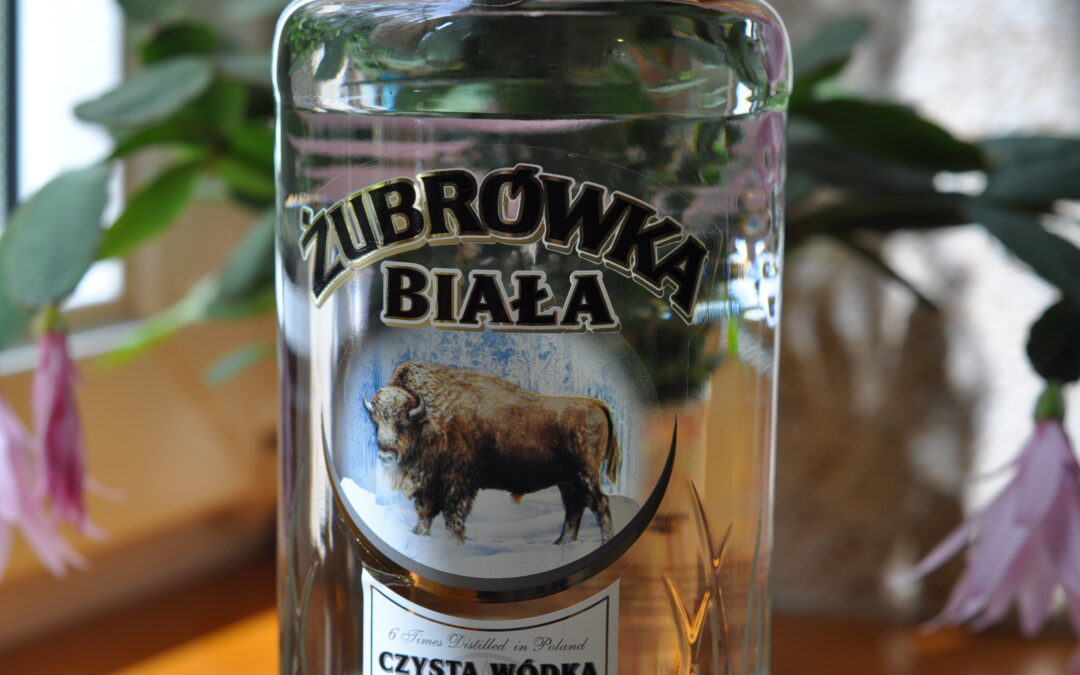Poles are drinking less vodka this year, following the introduction of a new tax that raised the price of small bottles of the spirit, according to data from Centrum Monitorowania Rynku (CMR), a market research agency.
The new levy – which the government insists is a “surcharge” rather than a tax – added an extra cost to alcohol sold in bottles under 300 millilitres. This form of vodka – known as małpki (monkeys) in Polish and often fruit flavoured – is seen as a particular danger to young people and the heaviest drinkers.
“The sales value of all vodkas has fallen by about 6% since the beginning of the year” compared to the same period in 2020, Arleta Charkot, an analyst at CMR, told the Rzeczpospolita daily. Their data was taken from stores with an area of up to 300 square metres, which is where most alcohol is purchased.
However, sales of so-called małpki fell by 30% year on year. The biggest drops were in the cheapest, purest vodkas, while flavoured vodkas were also less popular, notes the newspaper.
Meanwhile, with sweet drinks also hit by the new tax, sales volume of carbonated drinks fell by a fifth in the first half this year, as prices rose by an average of 36%.
The levy was proposed by the government in late 2019 with the aim of “promoting healthy consumer choices”. However, it has faced criticism from some quarters, in particular because it appears to break a pledge by the ruling party not to raise taxes. Others have questioned why it applies to artificially sweetened drinks as well as sugary ones.
Under the policy, alcoholic drinks sold in bottles of under 300 millilitres carry an additional charge of 25 zloty per litre of alcohol content. That means that, for example, a 100 millilitre bottle of vodka with an alcohol content of 40% became 1 zloty more expensive.
The new fees also added a fixed 0.50 zloty (€0.11) to the cost of 1 litre of drink containing sugar or sweeteners. There will also be an additional variable charge of 0.05 zloty per litre for each gram of sugar above 5g/100ml. Cola, for example, normally has around 10 grams of sugar per 100 millilitres.
The government forecasts that the additional charges will bring in 3 billion zloty (€684 million) annually, with most of the revenue being channelled directly to the National Health Fund, which is responsible for financing public healthcare in Poland.
The drop in the consumption of small bottles of hard alcohol comes amid an overall trend of growing alcohol consumption in Poland. Last year Poles drank a record amount – an average of 9.78 litres of pure alcohol each – according to PARPA, the state agency for tackling alcohol problems.
Main image credit: Beemwej/Wikimedia Commons (under CC BY-SA 3.0)

Maria Wilczek is deputy editor of Notes from Poland. She is a regular writer for The Times, The Economist and Al Jazeera English, and has also featured in Foreign Policy, Politico Europe, The Spectator and Gazeta Wyborcza.




















